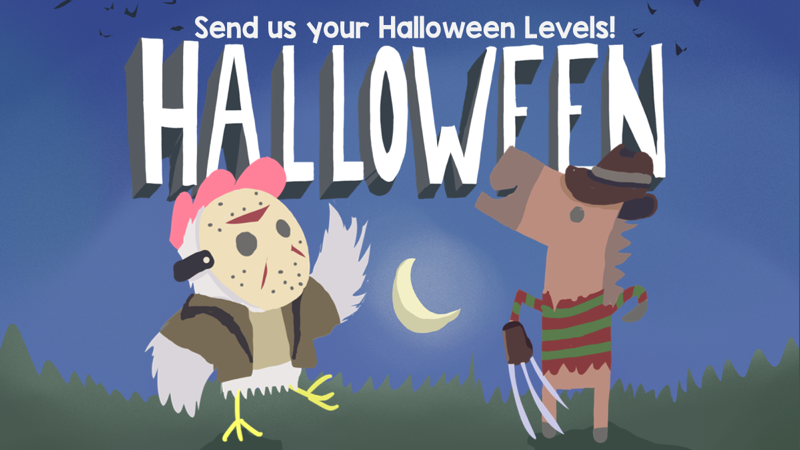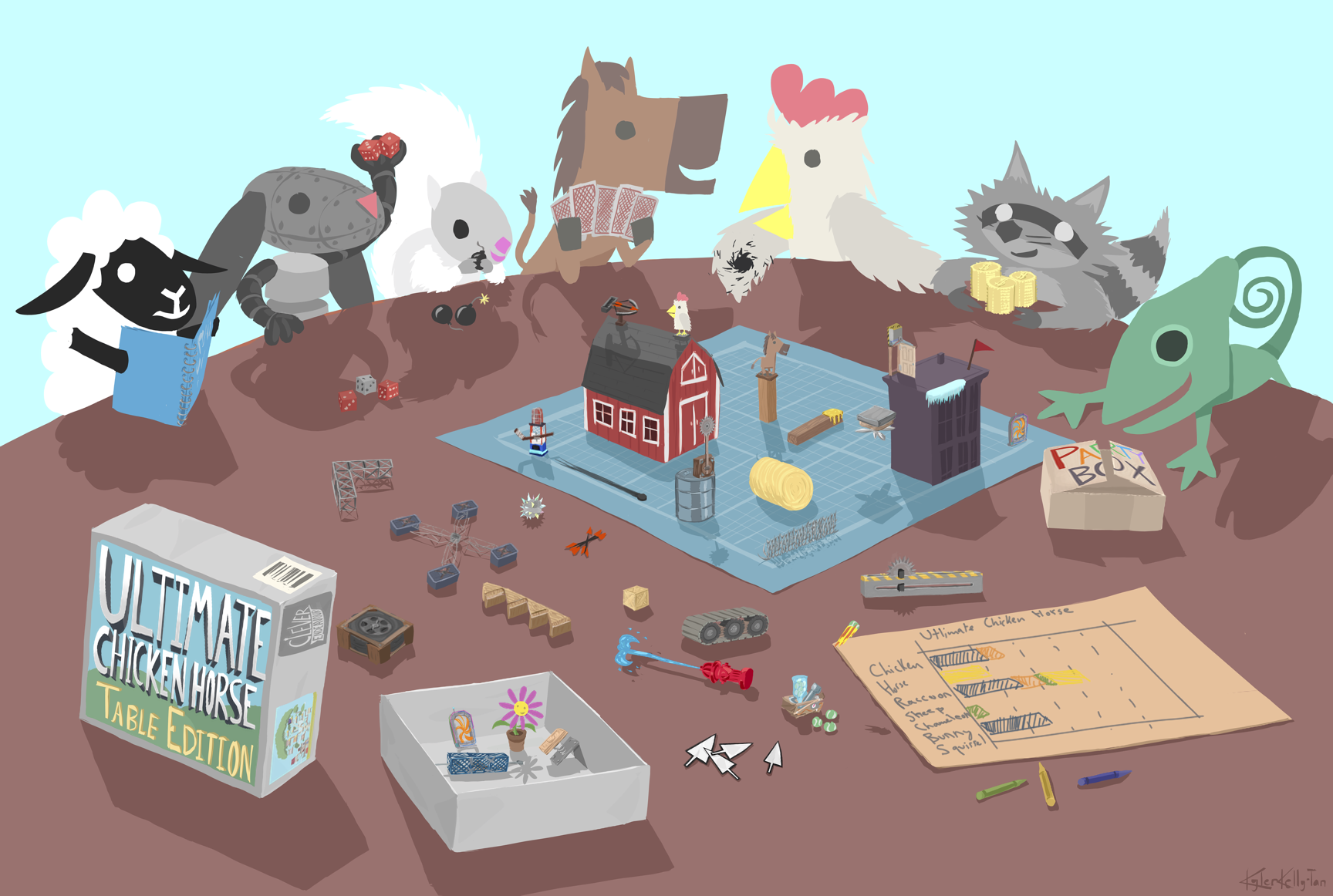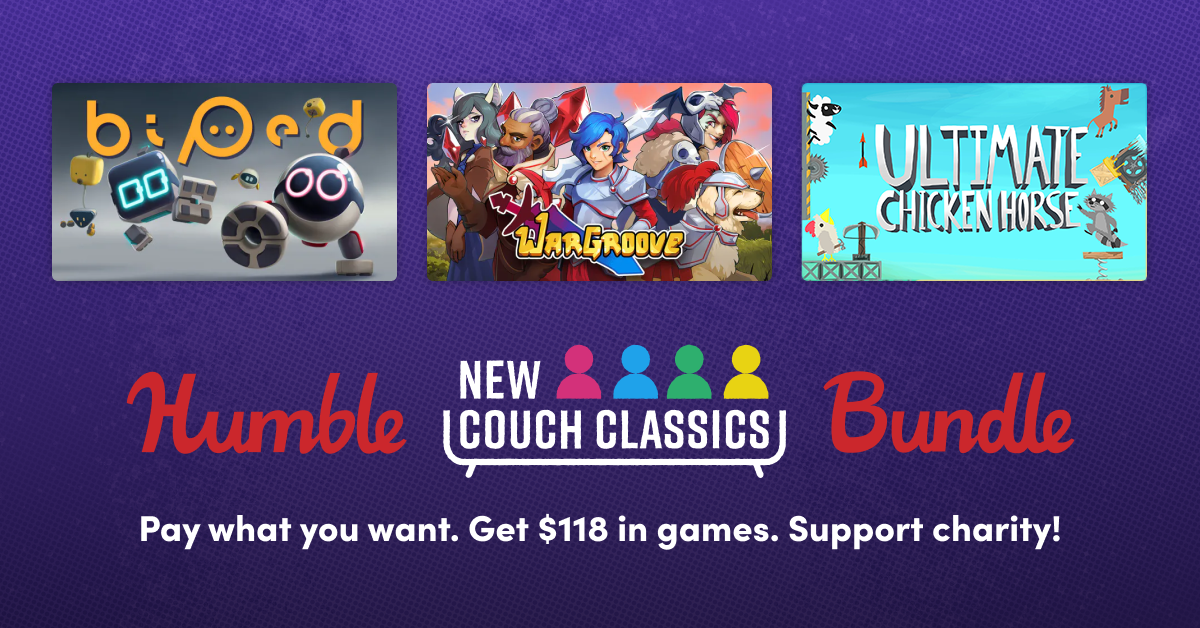The Importance of Cash Flow & Projections in Games
/You don't have to be an accountant to look at your cash flow. In fact, you don't even need to have an accountant to look at your cash flow. The business / financing / accounting side of things is an aspect that many indie game development studios struggle with. This isn't surprising, as usually these teams don't have a person dedicated to this kind of stuff.
But I wanted to discuss cash flow today in conjunction with projections. I'm not a magician, and I can't tell you how much your game, our game, or any game will sell. What I can say, however, especially now that our game has launched, is about how many months we can survive if a) sales stopped today, if b) sales go worse than expected, or if c) sales go well. This is important! This is very important.
Someone on your team, even if you don't have a "business guy", is going to have to know when to start approaching publishers for funding your next game, when to look for investors or government funds, or when to stop working on a feature of a game that "just hasn't taken off yet but it will soon... soon!". Without a crystal ball, you should still know how much money you're spending per month, how much you'll need to be spending in 6 months, and how much revenue you're going to be earning to offset that cost.
If you're working on a passion project, a hobby project, etc. and not expecting to make a business out of it, that's one thing. But, if you're looking to build a sustainable business with revenue and employees, you're going to need to be able to make tough decisions, project-altering decisions even, based on financial constrains (or, let's hope, newfound financial liberties $$$).
Beyond the balance sheet and the profit / loss report, you should really have a cash flow document. We've only done a proper one recently, and we're a bit late, but it helps us clarify how much time we have to work on features and prepare for the future. Even if it's not 100% set in stone... projections are often way off, but that's okay! It's better to have it and be way off than not to have it at all, because the internet exists and you can now alter documents without having to put them on punch-cards.


















